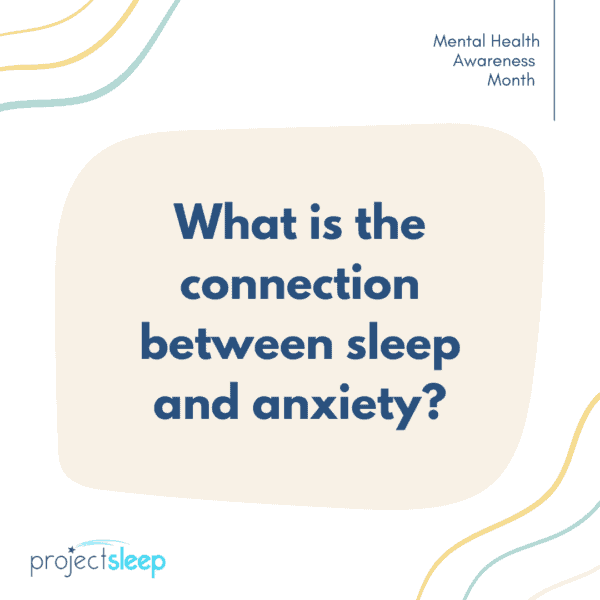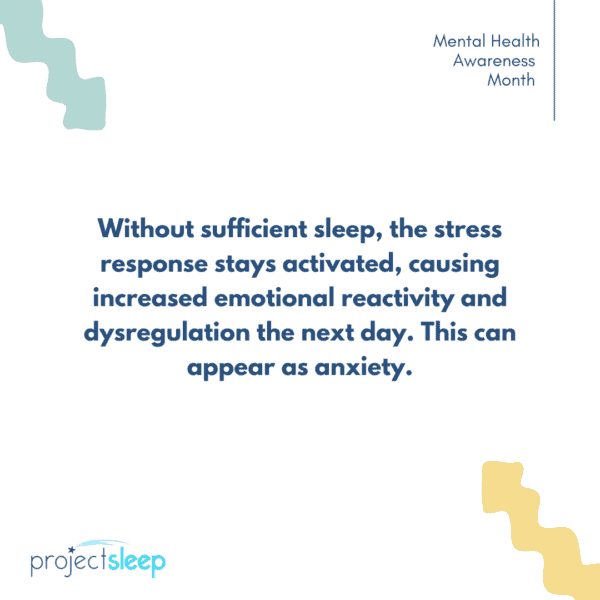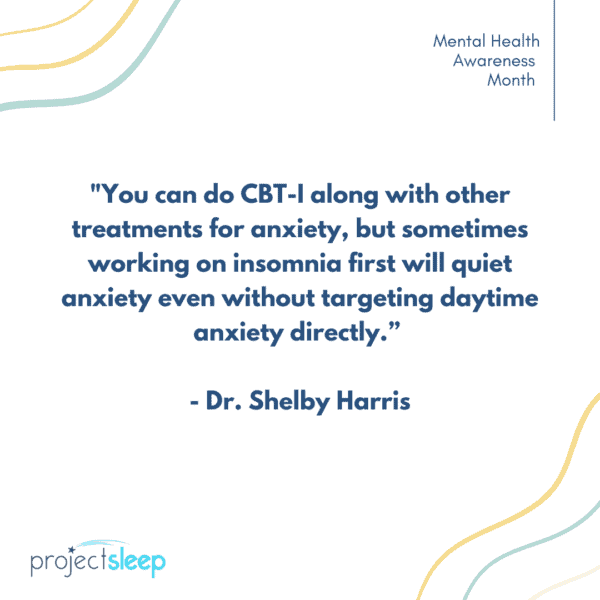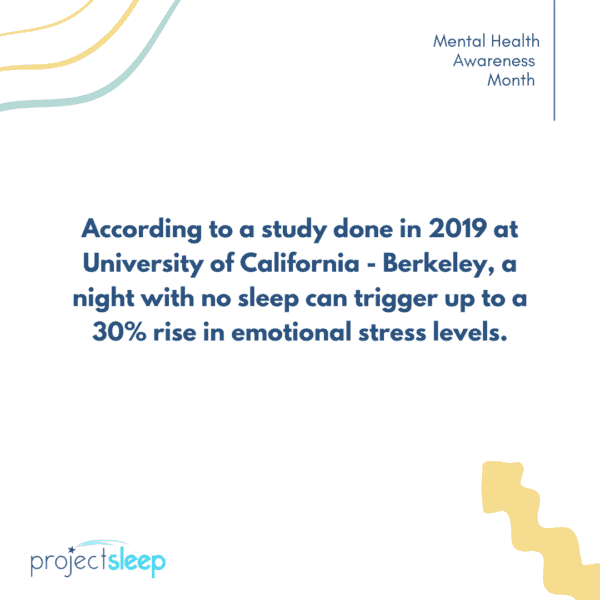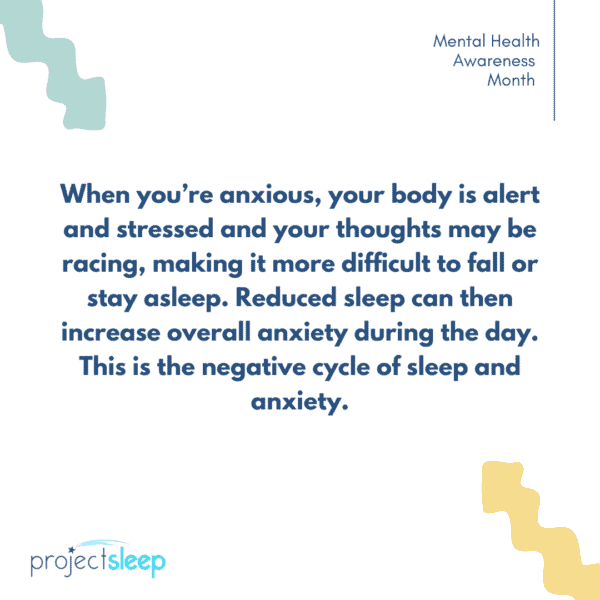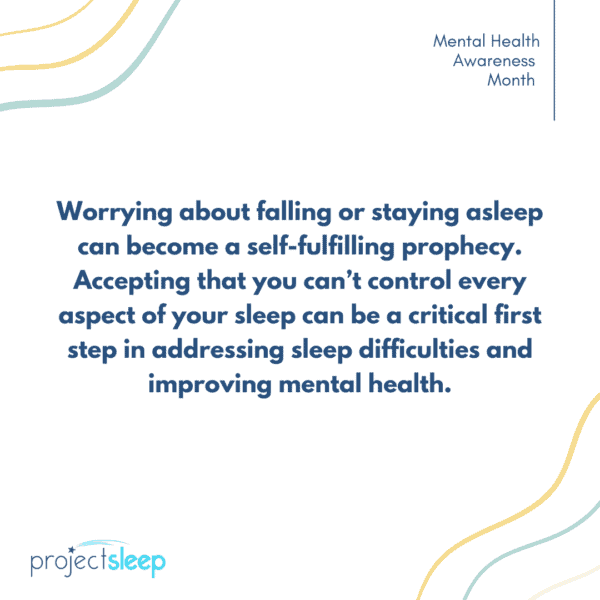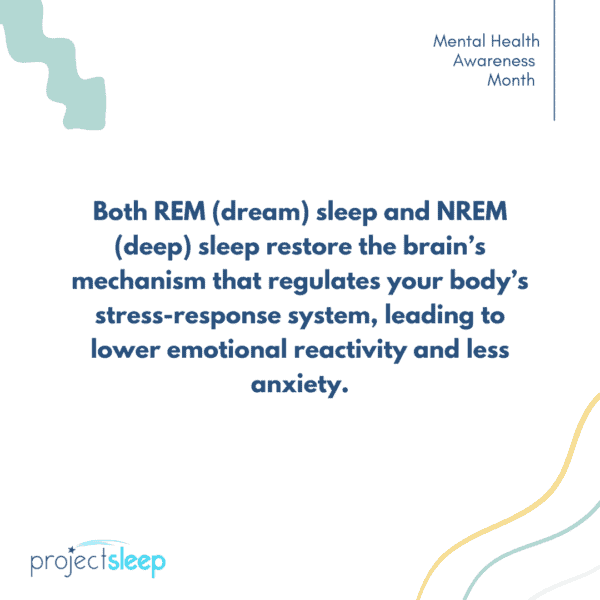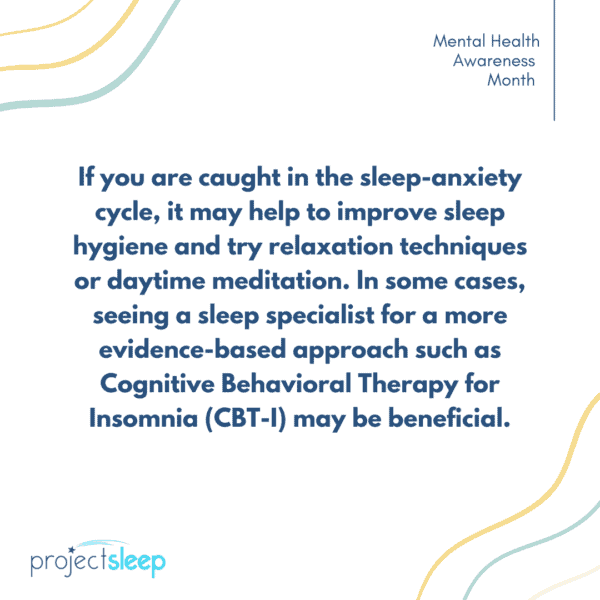
According to a study done in 2019 at University of California – Berkeley, a night with no sleep can trigger up to a 30 percent rise in emotional stress levels. But why is this?
During sleep, your brain regulates your body’s stress response system. New studies show that deep sleep (NREM slow wave sleep) restores the brain’s mechanism that regulates our emotions, leading to lower emotional reactivity and less anxiety (Nature Human Behavior). Dream sleep (REM sleep) is also believed to be critical for emotional processing and regulation, as it takes new memories and puts them in context from a wider point of view.
Without sufficient sleep, the stress response stays activated, which causes increased emotional reactivity and dysregulation the next day (Nature Human Behavior). This can appear as anxiety, an emotion characterized by apprehension and bodily tension (tense muscles, faster breathing, more rapid heart beat) in which a person anticipates impending danger or misfortune.
People with existing traits of anxiety are especially vulnerable to poor sleep’s effects, like a heightened anticipatory response (Journal of Neuroscience). On the flip side, treating underlying sleep problems can be paramount to treating anxiety disorders.

